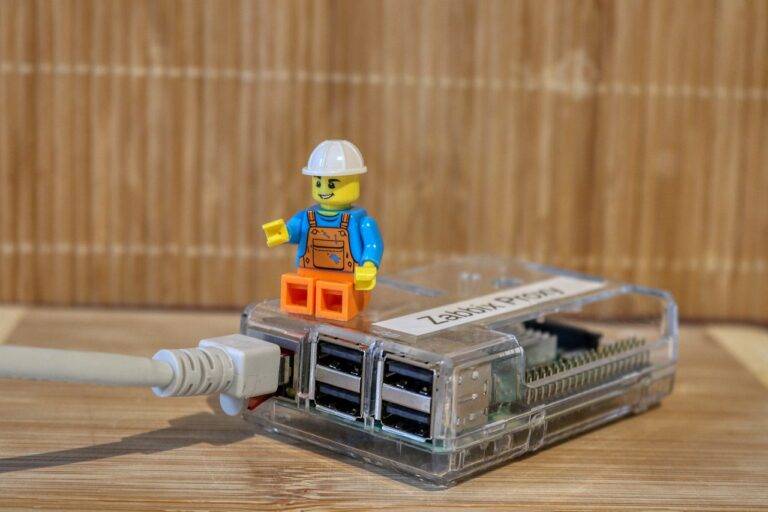The Role of Blockchain in Voter Security
Blockchain technology has emerged as a promising solution to enhance voter security in the electoral process. By leveraging its decentralized and immutable nature, blockchain ensures that every vote cast is securely recorded and stored without the risk of tampering or manipulation. This cryptographic technology provides a transparent and verifiable way to track each vote, maintaining the integrity of the overall voting system.
Through the use of blockchain, voters can have confidence that their votes are accurately counted and that the results of an election are trustworthy. The implementation of blockchain in voting systems reduces the potential for fraud and enhances the security measures in place to safeguard the democratic process. By introducing a layer of trust and transparency, blockchain technology plays a crucial role in ensuring the security and reliability of elections.
Understanding the Vulnerabilities in Traditional Voting Systems
When it comes to traditional voting systems, there are inherent vulnerabilities that can compromise the integrity and security of the electoral process. One of the main concerns is the risk of tampering with paper ballots either during the voting or counting stages. Paper ballots are susceptible to human error, manipulation, and even physical theft, which can raise doubts about the accuracy of election results.
Another vulnerability lies in the reliance on outdated technology and manual processes, which are prone to errors and inefficiencies. From outdated voting machines to manual tabulation methods, the lack of technological advancements in traditional voting systems increases the likelihood of discrepancies and inaccuracies in the final tally of votes. Additionally, the centralized nature of these systems can make them targets for cyberattacks and hacking attempts, further threatening the security of the voting process.
How Blockchain Ensures Transparency in the Voting Process
In the realm of voting processes, transparency is a cornerstone that ensures the credibility and integrity of election outcomes. Blockchain technology, with its decentralized and immutable nature, offers a robust solution to enhance transparency in the voting process. Each transaction or vote cast on the blockchain is recorded in a secure and transparent manner, creating a tamper-proof ledger that is accessible to all participants. This transparency is crucial in ensuring that every vote is accurately recorded and counted without the risk of manipulation or fraud.
Moreover, the transparency provided by blockchain technology extends beyond the mere recording of votes. Through the use of smart contracts, predefined rules and conditions for the voting process can be encoded into the blockchain, ensuring that all stakeholders have a clear understanding of how the election will be conducted. This level of transparency not only promotes trust among voters but also enables independent verification of the electoral process, allowing individuals to confirm the accuracy and fairness of the results.
What is blockchain technology and how does it impact voter security?
Blockchain technology is a decentralized digital ledger that records transactions in a secure and transparent manner. When applied to voting systems, it can enhance voter security by ensuring that votes are recorded accurately and cannot be tampered with.
What are the vulnerabilities in traditional voting systems?
Traditional voting systems are often centralized and can be susceptible to hacking, tampering, and manipulation. Votes can be altered or deleted without detection, leading to concerns about the integrity and fairness of elections.
How does blockchain ensure transparency in the voting process?
Blockchain ensures transparency in the voting process by recording every vote in a secure and immutable manner. Each vote is encrypted and added to a chain of blocks, making it virtually impossible to alter or manipulate the results. This transparency gives voters confidence that their votes are accurately recorded and counted.
Can blockchain technology prevent voter fraud?
While blockchain technology can greatly reduce the risk of voter fraud by providing a secure and transparent voting process, it is not completely foolproof. Additional security measures, such as multi-factor authentication and proper auditing, may still be necessary to prevent any potential cases of fraud.





